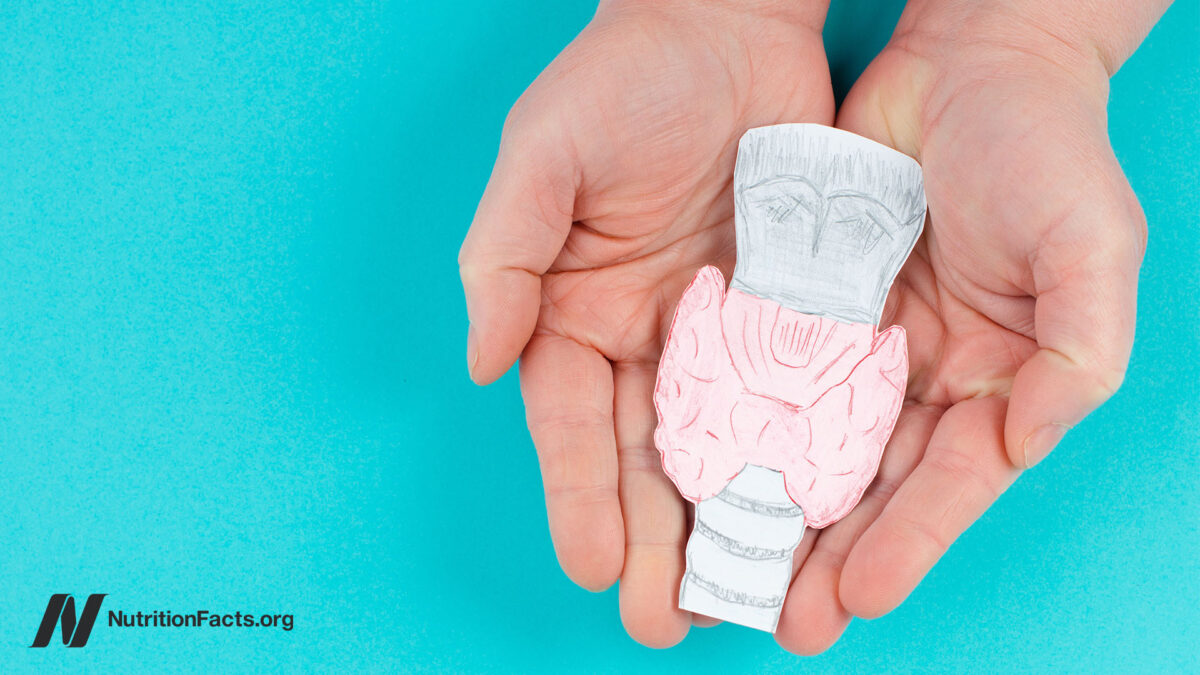Getting Enough Vitamin D Promotes Healthy Inflammatory Response, New Study Reveals
Another reason vitamin D is critical for whole-body health.

Vitamin D truly is the “jack of all trades” of essential vitamins: From bolstering bone and muscle health to supporting a healthy gut microbiome and clear skin, saying this vital nutrient supports pretty much all aspects of whole-body health is far from an overstatement.*
And while vitamin D is famous for quite a few health benefits, some are lesser-known—such as its ability to help support a healthy inflammatory response.*
Indeed, while scientific evidence suggests that hormonal vitamin D may play a role in modulating a healthy inflammatory response—i.e., due to an observed inverse association between serum 25-hydroxyvitamin D [25(OH)D] concentrations and C-reactive protein (CRP), the most widely used inflammatory biomarker in clinical practice—the exact relationship between vitamin D levels and inflammatory response is not yet fully understood.*
And while we still have a ways to go before we have a comprehensive grasp of vitamin D’s influence on inflammatory status, a new study published by the International Journal of Epidemiology reveals that the association between serum levels of 25(OH)D and CRP is likely driven by an effect of vitamin D status on CRP levels—not the other way around.
What is C-reactive protein?
Before we get too ahead of ourselves here, let’s go over what C-reactive protein (CRP) is and how CRP levels help inform whether or not your inflammatory response is operating as it should.
CRP is a biological marker in our blood (i.e, via a blood test) that can be measured to help give us a snapshot of inflammatory processes in the body. CRP biomarkers are a helpful way to gauge general inflammatory status in the body, which has implications for our joints, heart, brain, and whole-body health.
Of course, inflammatory pathways and responses are a normal part of our physiology, of being human, but it's critically important to strike a healthy balance. Healthy levels of CRP (which is produced in the liver) are associated with a balanced inflammatory response and status, as well as resilient immune function for our body’s defenses.
Keeping inflammatory pathways in check, instead of “burning” unchecked, is pivotal for overall health. And since 25(OH)D levels have been observed to influence CRP status, ongoing research that investigates exactly how vitamin D plays a part in regulating a healthy inflammatory response is important to gain understanding of how the essential vitamin helps support cardiovascular, neurological, musculoskeletal, gastrointestinal, and immune health.*
Researchers analyzed 294, 970 unrelated participants of white-British ancestry between the ages of 37 and 73 years from the UK Biobank. Serum 25(OH)D and CRP concentrations were recorded and genetic pathways were also considered in the study.
How vitamin D status influences the body’s inflammatory response.
The results of this associational study revealed two major takeaways:
In other words, our CRP status (which, again, indicates whether our body’s inflammatory response is working effectively or suboptimally) does not influence our vitamin D levels. Rather, those with a low vitamin D status (specifically, those deficient in the essential nutrient), are more likely to have higher levels of CRP biomarkers and, therefore, a subpar inflammatory response.
Scientists believe this is likely due to vitamin D’s hormonal effect on vitamin D receptor-expressing immune cells (e.g., monocytes, B cells, and T cells). In fact, cell experiments have demonstrated active vitamin D’s ability to inhibit the synthesis of pro-inflammatory cytokines and promote the production of anti-inflammatory cytokine IL-10.*
Now, considering 29% of U.S. adults are deficient in vitamin D (and another 41% are insufficient) and evidence suggests the vitamin holds influence over the body’s inflammatory response, Americans would be smart to pay attention to this correlation.*
It’s clear that sufficient vitamin D levels can help support a number of important areas of whole-body health, including a healthy inflammatory response.* That said, reaching (and maintaining) a healthy vitamin D status is not always achieved easily.
The truth is, sunshine and diet alone are not efficient ways to achieve and sustain truly optimal levels of vitamin D. This is where a quality, high-potency vitamin D supplement (like mbg’s vitamin D3 potency+) comes in!
mindbodygreen’s innovative vitamin D formula delivers 5,000 IU of vitamin D3 (i.e., the minimum amount recommended by health experts to achieve sufficiency) with an organic trio of avocado, olive, and flax oil for improved absorption.* With this high-potency, bioavailable daily dose of D3, you’ll be on your way to reaching healthy vitamin D status!*
If you are pregnant, breastfeeding, or taking medications, consult with your doctor before starting a supplement routine. It is always optimal to consult with a health care provider when considering what supplements are right for you.

 Troov
Troov 
































